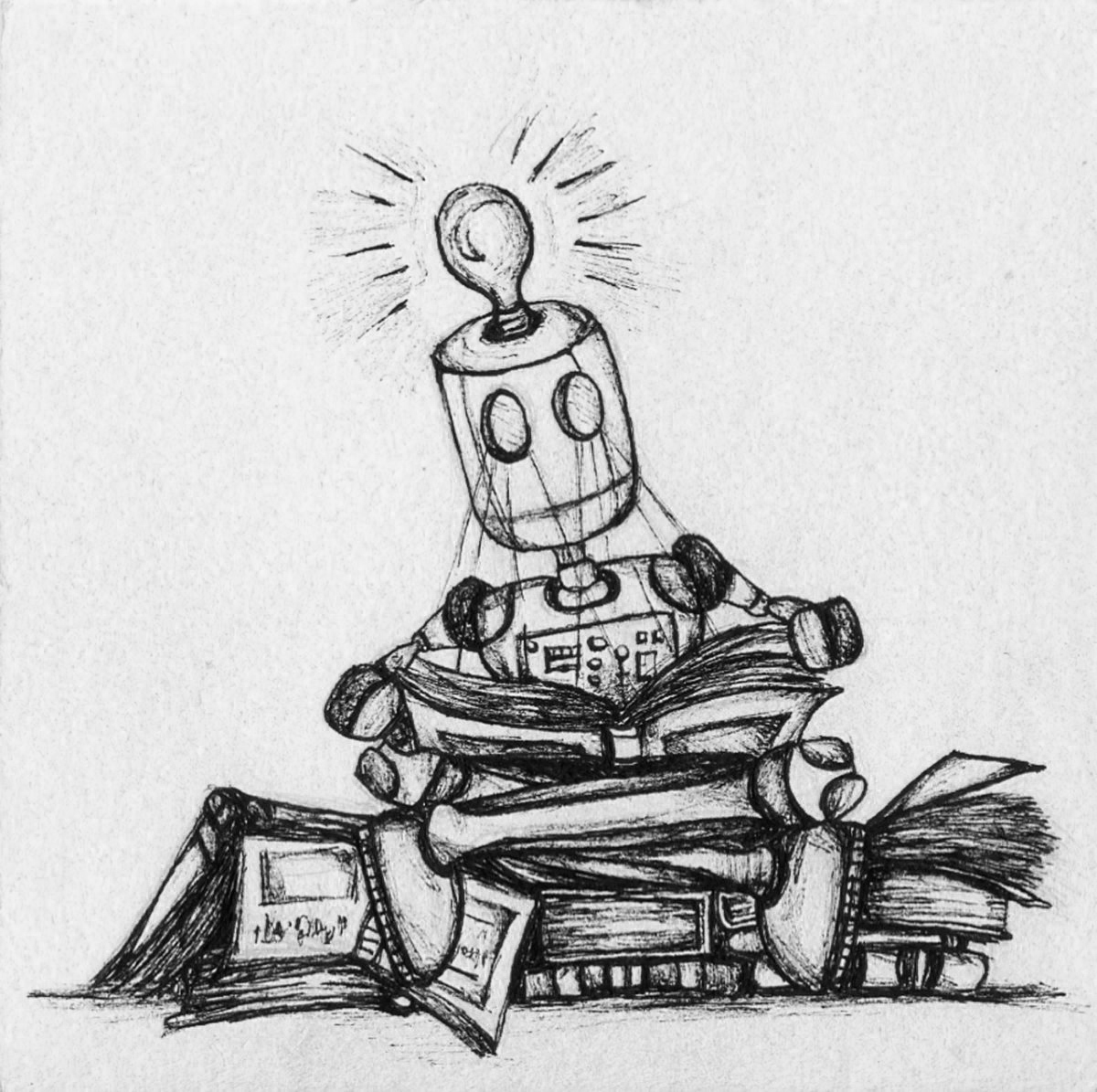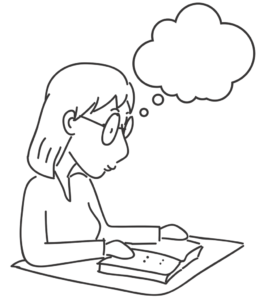There are any number stress management techniques and for coping with stress in general and dealing with both the physical and emotional causes for stress. There are techniques for both short-term symptoms of stress and even long-term or chronic symptoms of stress are possible.
There are also a certain amount of self employed techniques that are actually or can be counter productive in the quest for a cure. The following are some of the more typical errors.
In an attempt to alleviate the tension and worry that accompany stress, some individuals can head down the wrong path will unwittingly engage in self-destructive behavior.
The type of stress that can lead to being short-tempered and cause the individual behave angrily toward a friend or family member can many times be heightened by excessive alcohol drinking or even coffee drinking that results in a high intake of caffeine. Many times these dots arent connected and the cycle continues causing more stress symptoms more often.
Lack of sleep or chronic lack of sleep (insomnia) is one of the most common causes of stress. Again, the theme here is the cycle of stress itself. When something is troubling you, and you are physically uncomfortable, it’s difficult to relax enough to sleep. And when you dont get enough sleep and become fatigued your patience grows shorter and you ability to reason becomes inhibited and thus the stress continues. During this type of a stress cycle, when you do manage to fall asleep, it’s often interrupted during the night, or not the type of deep sleep that is genuinely restful.
A heightened focus on problem solving is natural and generally a sign of good mental health. But completely obsessing, even in the face of serious issues, is counter-productive. Try to step outside the problem as if you are consoling someone or a friend who is faced with the problem. You would be concerned, of course and this will give you a different perspective of the situation. We’re often much better at maintaining objectivity when the problem belongs to someone else.
Some people try to cope with stress by doing the right thing for the wrong reasons. One of the techniques used to combat stress is the ability to focus on something else that takes your mind away from a stressful situation. However, burying oneself into projects at work or school as way of shifting focus away from problems at home may at best provide a change of focus, but ultimately is not a productive way to deal with the stress at home in this situation. Avoidance can only be partially successful, and only temporarily at that.
Some problems do go away on their own and ignoring (or more accurately not over-reacting to them) can be a viable strategy. But a reality check is the key here the circumstances combined with the internal evaluations that lead to chronic stress do not disappear simply because we’re not thinking about them.
A temporary break to gain perspective and get the emotions under control is healthy. Hiding one’s head in the sand is not.
Fundamentally, all these incorrect and unhelpful methods have a common root. Reality doesn’t go away when some aspects of it are inconvenient or unpleasant.
Life is filled with obstacles placed in your way. The existence of those hurdles and the need to overcome them – when combined with doubts about our ability to do so – leads to stress. Learning to correctly evaluate and deal with lifes obstacles leads to gaining confidence in ones ability to do so and with each hurdle overcome ones self confidence grows stronger and stress stays on vacation.






